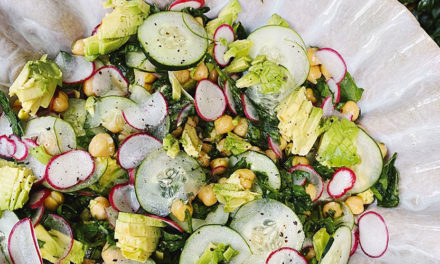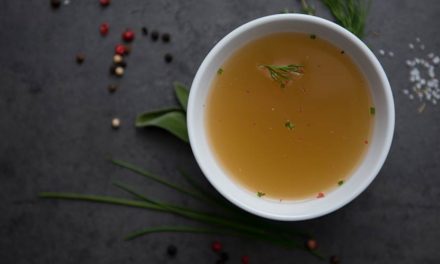Senior Oncology Nutrition Specialist of West Cancer Center in Memphis, Anita Vincent RDN, CSO, LDN, brings her 25 years of nutrition expertise in supporting cancer patients during and after remission to help us decipher fact from fiction.
Myth: Food cures cancer
“The way nutrition helps patients is to maintain their physical body, support their immune system, and maintain lean body mass — all the things good nutrition does on a day-to-day basis that becomes even more important during the cancer journey.”
This integrative, individualized approach focuses on making healthier choices to optimize diets for a healthy future.
Myth: One diet fits all
“A lot of the cancer drugs are impacted by what you eat, so I write both low- and high-fat menus because it impacts the absorption of certain drugs.”
Likewise, her recommendations consider the side effects of certain cancer medications, like digestive system problems or weight loss, that can be either exacerbated or ameliorated through food.
Myth: You need to be vegan
“I recommend a plant-based diet, but that can mean many things and is not a defined statement. I tell my patients that 2/3 or more of their calories should come from plants and about 1/3 or less can come from animals.”
Plants’ high antioxidant, vitamin, mineral, and fiber content provides a synergy you won’t get elsewhere. Yet, a plant-based diet with moderate doses of healthy animal fats and proteins is the best way to eat no matter what is going on.
Myth: Supplements heal you
While Anita tests patients to look for common vitamin deficiencies like Vitamin D and B12 and supplements accordingly, she advises, “If you’re eating an unhealthful diet, those pills will not make a difference, so focus on food as a foundation.”
Myth: You need to eat organic
“There’s still lots of nutrition in regularly farmed produce,” referencing new industry awareness that has led to more sustainable practices often being adopted across the board, including by those who do not necessarily have the organic stamp.
Myth: Nutrition is about weight-loss
“The vast majority of nutrition information is about weight loss when that’s not always the goal.” For example, an older patient may need to focus on eating more protein to maintain muscle mass.
“What we’re trying to do here from a nutrition perspective is help people understand that your diet really does make a difference in helping you beat cancer but can also prevent you from ending up with something else down the line like diabetes or kidney disease.”
Myth: Sugar feeds cancer
“Sugar is a carb, just like those found in foods like blueberries and sweet potatoes, but without the nutrients. Most carbs break down into glucose and feed the entire body, including cancer cells. The occasional treat can be enjoyed if you eat a healthy diet overall.”
Not a Myth: Fasting may help
“Chemo works on fast-growing cells, which include cancer cells. Healthy cells slow down when starving to conserve energy, whereas cancer cells do not. So, by fasting, the cancer cells get killed, and the healthy ones get less affected, which means fewer side effects for patients.”
There are several ways to fast as a cancer patient. Some fast around their chemotherapy treatments (the day before chemotherapy, the day of, and the day after) by consuming a very low-calorie diet. Others may adopt a 13-hour daily fast, which still lends an 11-hour gap for daily consumption.
By Shlomit Ovadia







